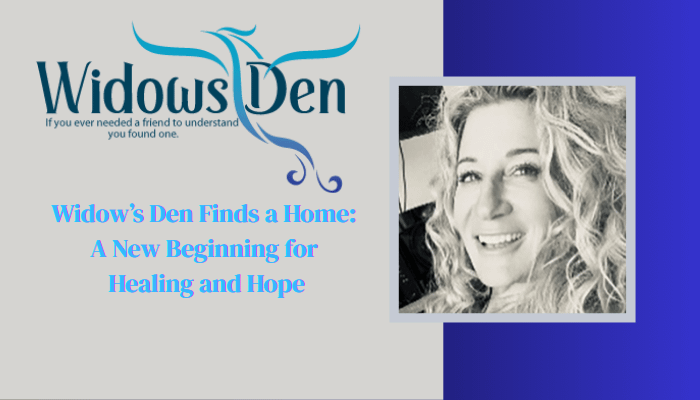Community News Day with Lake Norman Citizen – February 20, 2026
- News Friday & Lake Norman Citizen

Finding Purpose
After the loss of a loved one, I often get asked what do I do now? I can’t find my purpose. My replay is…Let’s find your dreams again.
Do this exercise with me:
Imagine yourself as a teenager, and everything worked out exactly how you dreamed it would. Now, I ask you…
What would that teenager say? Did you forget your dreams? The WHY part is significant because purposes usually emerge from our reasons for caring.
Of course, older people can still find these questions valuable; however, older folks may want to reflect rather than look ahead. I suggest we think about what we’ve always wanted to do but maybe couldn’t because of obligations like raising a child or pursuing a career that we “had to” instead of what we “wanted to do.” There seems to be something about seeing what you truly want for yourself and the world that can help bring you closer to achieving it, perhaps by focusing your attention on the people and experiences you encounter today that might help you get there.

What do I do Next?
How do I find my purpose if it isn’t apparent? Is it something that develops over time, or are there steps I can take to encourage more purpose in life? Yes, to both.
Purpose is all about applying your skills to contribute to the greater good in a way that matters to you, so identifying what you care about is an important first step.
There is a process recommended by Jim Emerman of Encore.org organization that helps people find new purpose in life after a loved one passes. Instead of envisioning an ideal future world, though, he suggests posing three questions to yourself:
By reflecting on these questions, he says older adults can Brainstorm ideas for repurposing skills and pursuing interests developed over a lifetime toward helping the world.
Sometimes, it can be hard to single out one or two things that matter most to you because your circle of care and concern is far-ranging. Understanding what you value most may help you narrow your life purpose to something manageable that also truly resonates with you.
We all have strengths and skills that we’ve developed over our lifetimes, which help make up our unique personalities. Yet some of us may be unsure of what we have to offer. If we need help, a survey like the VIA character strengthening survey can help us identify our personal strengths and embrace them more fully. Then, you can take the results and think about how to apply them to something you care about.
Cultivate positive emotions like gratitude and awe to find purpose. It helps to foster positive emotions like awe and gratitude. These emotions are tied to well-being, caring about others, and finding meaning in life, which all help us focus on how we can contribute to the world.
Whatever tools you use to develop appreciation and awe have the added benefit of being good for your emotional well-being and starting a new chapter.
Whatever tools you use to develop appreciation and awe have the added benefit of being good for your emotional well-being and starting a new chapter.

Look to the People you Admire
Sometimes, the people we admire most in life give us a clue as to how we might want to contribute to a better world around us.
However, looking at these more significant-than-life examples can sometimes be too intimidating. If so, you can look for everyday people who are doing good similarly. Maybe you have a friend who volunteers to collect food for the homeless or a colleague who promotes social justice that inspires you. You don’t need fame to fulfill your purpose in life. You need to look to your inner compass and start taking small steps in the direction that means the most to you.
Are you ready to get started finding your purpose?

CLICK THE CONNECT BUTTON FOR THE WIDOW’S DEN W/ MONICA LUCIA



